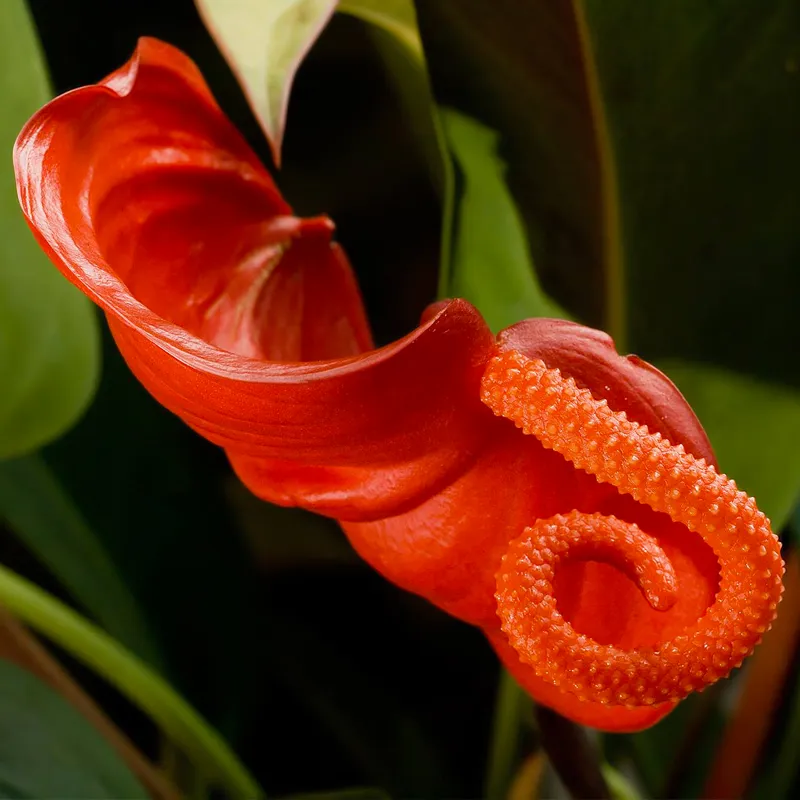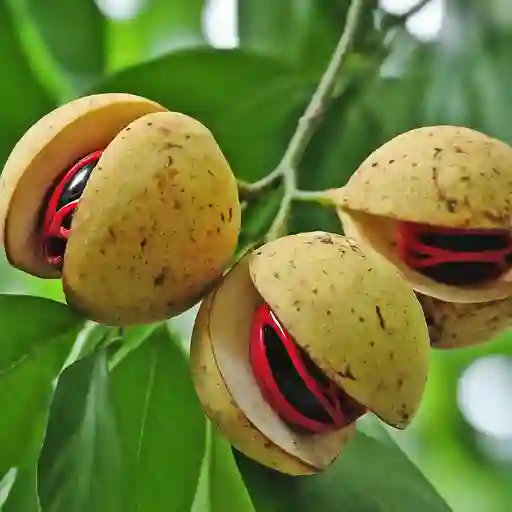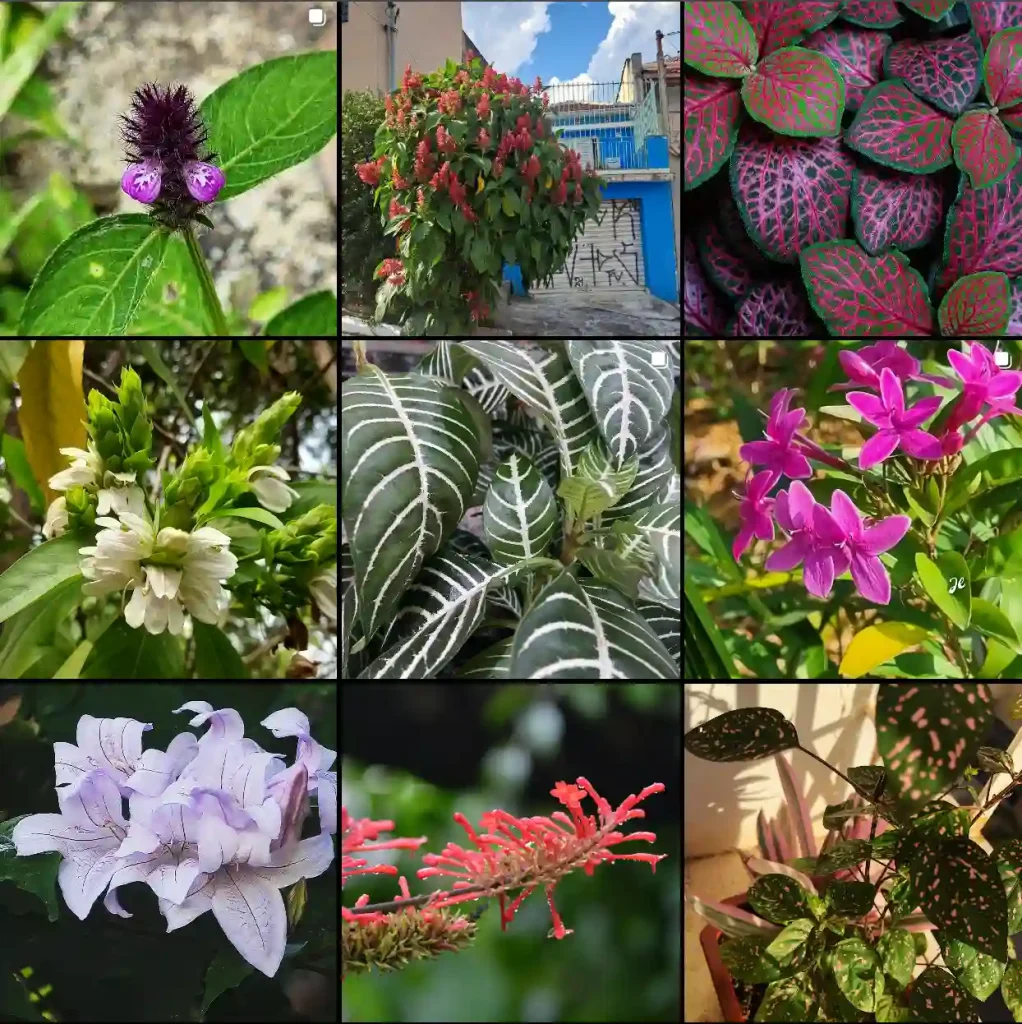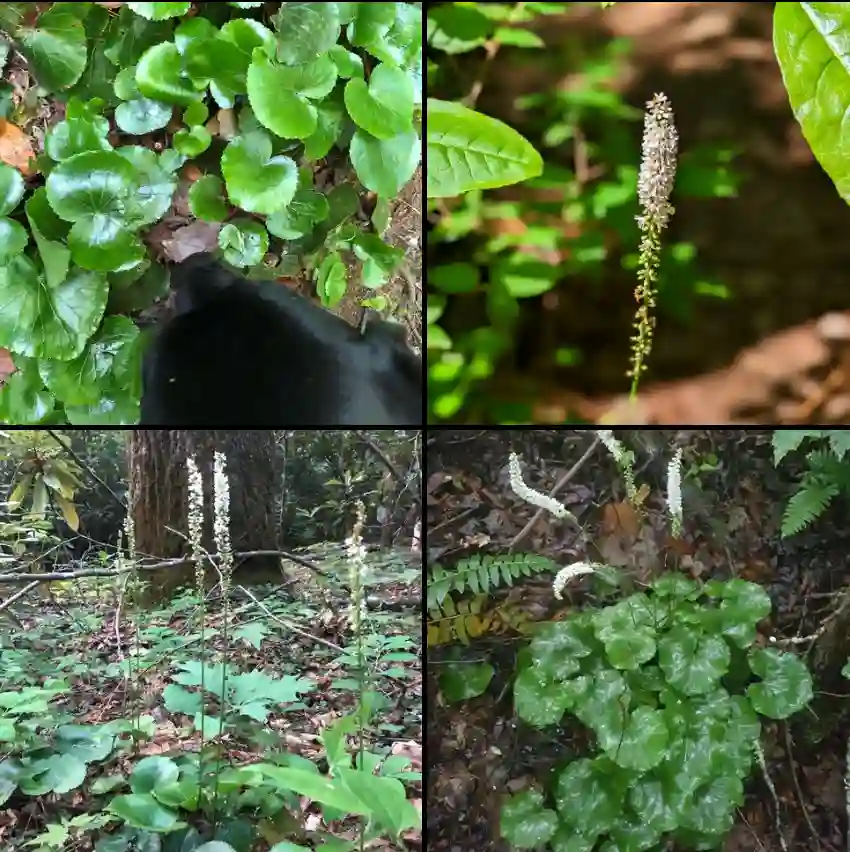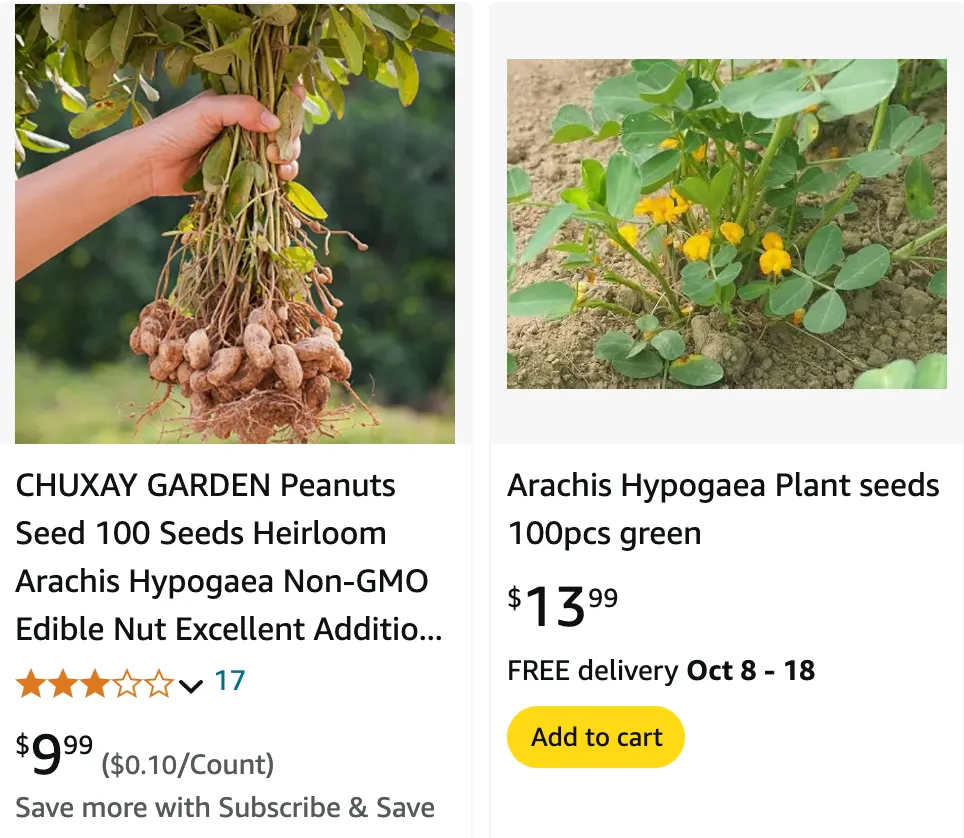
FAQs About Arachis Hypogaea: What You Need to Know
When it comes to growing peanuts, the plant in question is Arachis Hypogaea. As someone who has delved into various plants and their quirks, I’ve come across a lot of questions about this fascinating species. Here’s a comprehensive guide to answer the most frequently asked questions about Arachis Hypogaea, and to provide some insights based on personal experiences.
What is Arachis Hypogaea?
Arachis Hypogaea, commonly known as the peanut plant, is a legume that is native to South America. It’s known for its unique growth habit where the flowers are above ground, but the pods develop underground. This plant is crucial not only for its delicious nuts but also for its ability to improve soil health by fixing nitrogen.
Plant Family: 796 Genera in Fabaceae
How to Pronounce Arachis Hypogaea?
If you’re unsure about how to pronounce Arachis Hypogaea, you’re not alone. It can be a bit tricky at first. The correct pronunciation is ah-RAH-kis hip-oh-GEE-uh. Breaking it down: “Arachis” is pronounced like “ah-RAH-kis,” and “Hypogaea” sounds like “hip-oh-GEE-uh.”
Are Arachis Hypogaea Greens Edible?
Yes, the greens of Arachis Hypogaea are edible. While the peanuts themselves are the primary crop, the plant’s leaves can be consumed as well. They are not commonly used in cooking but can be added to salads or used as a garnish. Just be sure to wash them thoroughly and use them in moderation.
How to Care for Arachis Hypogaea?
Caring for Arachis Hypogaea involves a few key steps. This plant thrives in well-drained soil with a pH between 5.8 and 6.2. It requires full sun and consistent moisture, especially during the growing season. Regular weeding and pest control are important to keep the plant healthy. Peanuts prefer a warm climate, so they are best suited for USDA zones 2-11.
How to Propagate Arachis Hypogaea?
Propagating Arachis Hypogaea is relatively straightforward. The plant is usually grown from seeds, which are the peanuts themselves. To start, soak the seeds for 24 hours before planting them in well-drained soil. Plant the seeds about 1-2 inches deep and 6-8 inches apart. Germination typically occurs within 7-14 days.
What to Plant with Arachis Hypogaea?
When planting Arachis Hypogaea, consider companion plants that can enhance growth and deter pests. Beans and corn are good companions as they improve soil fertility and provide necessary support. Avoid planting peanuts with other legumes, as they may compete for nutrients.
Can You Grow Arachis Hypogaea Indoors?
Growing Arachis Hypogaea indoors is challenging but not impossible. It requires a lot of light, warmth, and space for the plant to grow. You’ll need a large container and a bright, sunny location, preferably under grow lights. Keep in mind that peanuts typically need a long growing season to mature, so indoor cultivation may not yield the same results as outdoor growing.
Is Arachis Hypogaea Toxic?
No, Arachis Hypogaea is not toxic. It is widely consumed around the world in various forms, including roasted peanuts, peanut butter, and peanut oil. However, some people may have allergies to peanuts, which can cause severe reactions. If you have a peanut allergy, it’s crucial to avoid contact with the plant and its products.
Benefits of Arachis Hypogaea
Arachis Hypogaea offers several benefits beyond just being a tasty snack. It is rich in protein, healthy fats, and essential nutrients like niacin, folate, and vitamin E. Peanuts also have antioxidant properties and are known for their heart health benefits. Additionally, peanuts can improve soil health through nitrogen fixation, making them a valuable crop for sustainable agriculture.
Common Problems with Arachis Hypogaea
One common problem with Arachis Hypogaea is susceptibility to pests such as aphids and spider mites. These can be controlled with organic insecticides or by encouraging beneficial insects. Another issue is fungal diseases like leaf spot and rust, which can be managed through proper crop rotation and ensuring good air circulation around the plants.
Compare with Other Plants
Comparing Arachis Hypogaea to other legumes like beans or peas, peanuts are unique in their underground pod development. Unlike beans and peas, which produce their seeds above ground, peanuts need specific soil conditions and a warm climate to thrive. Additionally, while beans and peas are typically grown for their pods, peanuts are cultivated for their seeds, which are also referred to as nuts.
In conclusion, Arachis Hypogaea is a versatile and beneficial plant with unique characteristics. Whether you’re interested in growing peanuts for their nuts, using the greens, or exploring their benefits and care requirements, understanding this plant can enrich your gardening experience.

